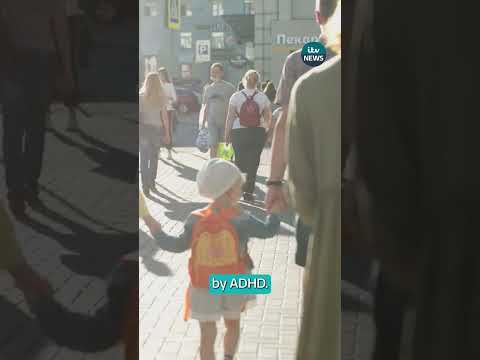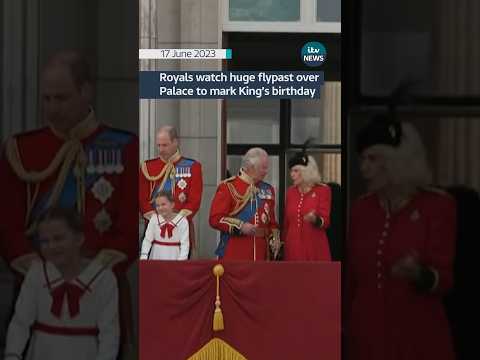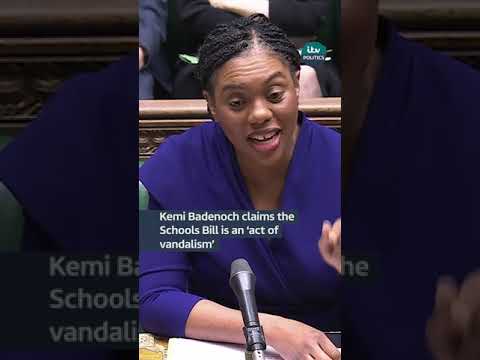
Lee Marshall was alarmed when his 8 year old daughter bought some from shops near her school.
He’d already suffered a heart attack after drinking up to 12 cans a day at work.
He spoke to ITV News about his concerns over their availability to children.
It’s after the government said high-caffeine energy drinks will be banned for under-16s in England to prevent harm to children’s health.
The plan will make it illegal to sell energy drinks containing more than 150mg of caffeine per litre to anyone under 16 across all retailers, including online, in shops, restaurants, cafes and vending machines.
Lower-caffeine soft drinks – such as Coca‑Cola, Coca‑Cola Zero, Diet Coke and Pepsi – are not affected, and neither are tea and coffee.
But high-caffeine energy drinks such as Red Bull, Monster, Relentless and Prime would all breach the limit.
Major supermarkets including Tesco, Sainsbury’s, Waitrose, Morrisons and Asda have already stopped sales of the drinks to young people, but the Department of Health said research suggests some smaller convenience stores are still selling them to children.
According to ministers, a ban could prevent obesity in up to 40,000 children and will help prevent issues such as disrupted sleep, increased anxiety and lack of concentration, as well as poorer school results.
Around 100,000 children are thought to consume at least one high-caffeine energy drink every day.
Gavin Partington, director general of the British Soft Drinks Association, said firms do not market or promote the drinks to under-16s.
He added: “Our members have led the way in self-regulation through our long-standing energy drinks code of practice.
“Our members do not market or promote the sale of energy drinks to under-16s and label all high-caffeine beverages as ‘not recommended for children’, in line with and in the spirit of this code.
“As with all government policy, it’s essential that any forthcoming regulation is based on a rigorous assessment of the evidence that’s available.”
According to the Department of Health, up to one in three children aged 13 to 16, and nearly a quarter of children aged 11 to 12, consume one or more high-caffeine energy drinks every week.
Education Secretary Bridget Phillipson said the government "inherited a scourge of poor classroom behaviour that undermines the learning of too many children – partly driven by the harmful effects of caffeine-loaded drinks" and that the announcement "is another step forward in addressing that legacy”.
Professor Steve Turner, president of the Royal College of Paediatrics and Child Health, said paediatricians are very clear that children or teenagers do not need energy drinks.
“Young people get their energy from sleep, a healthy balanced diet, regular exercise and meaningful connection with family and friends.
“There’s no evidence that caffeine or other stimulants in these products offer any nutritional or developmental benefit, in fact growing research points to serious risks for behaviour and mental health."
• Subscribe to ITV News on YouTube: http://bit.ly/2lOHmNj
• Get breaking news and more stories at http://www.itv.com/news
Follow ITV News on TikTok https://www.tiktok.com/@itvnews?lang=en
Follow ITV News on Instagram: https://www.instagram.com/itvnews/
Follow ITV News on Facebook: https://www.facebook.com/itvnews/
Follow ITV News on X: https://twitter.com/itvnews











